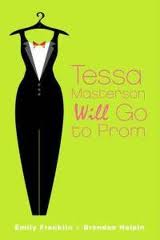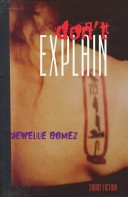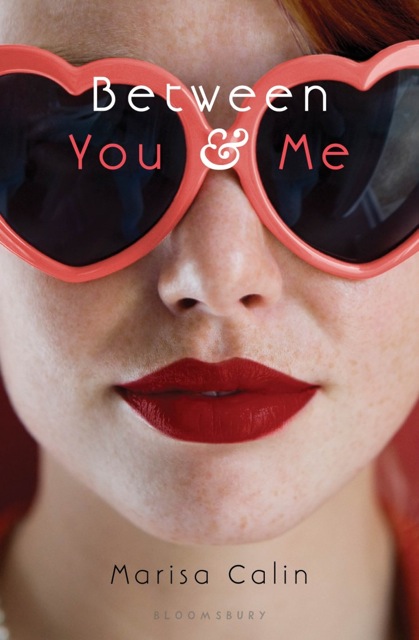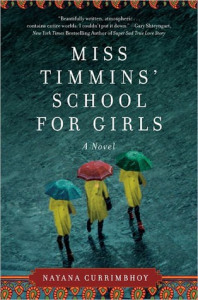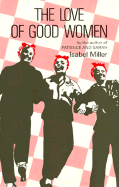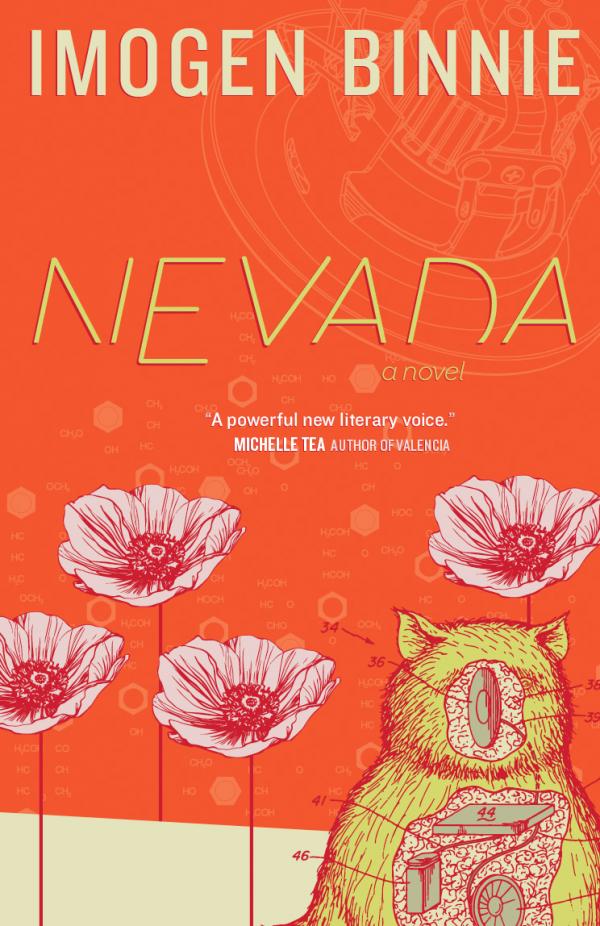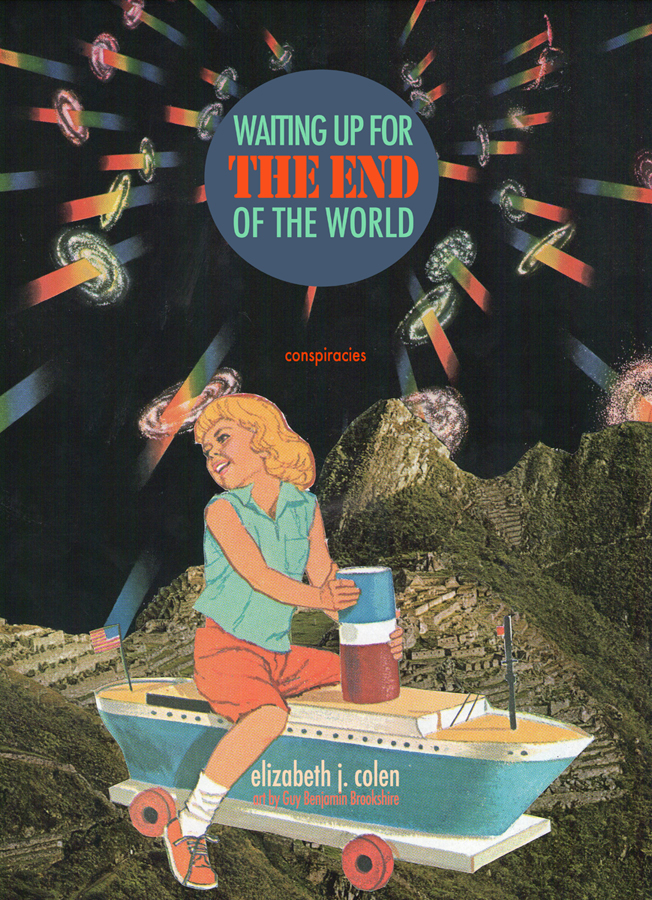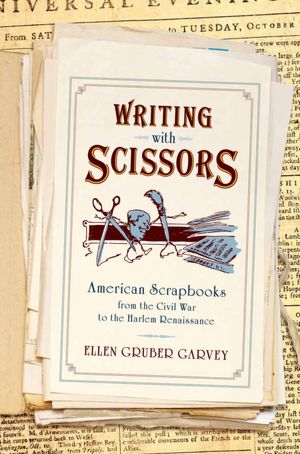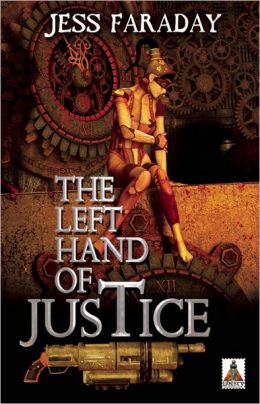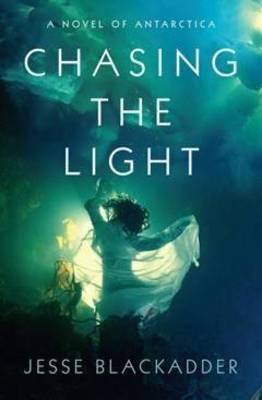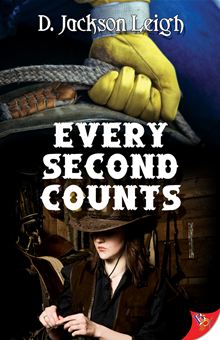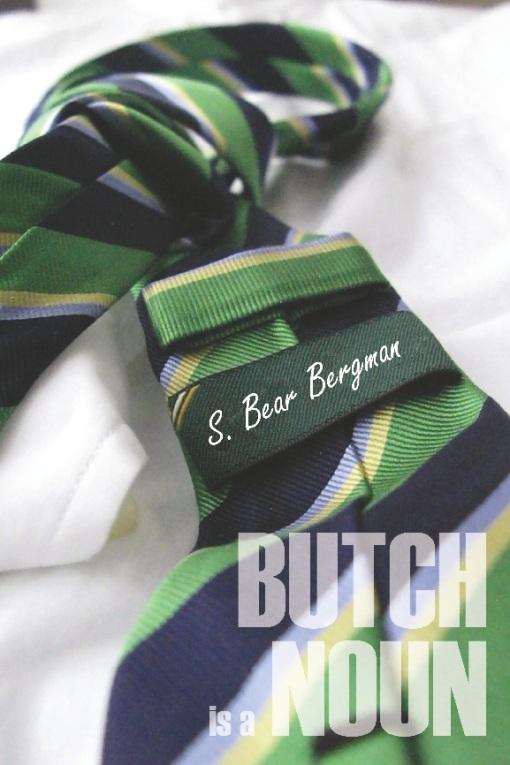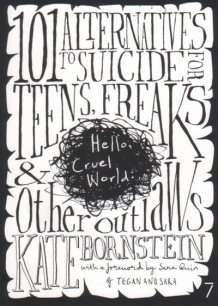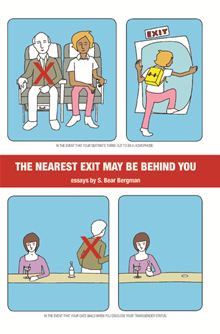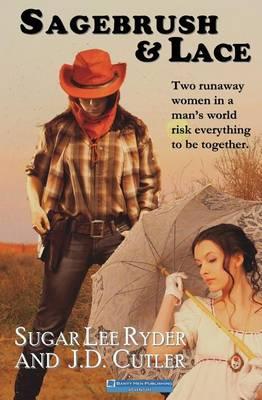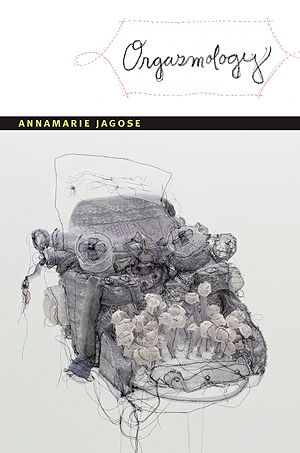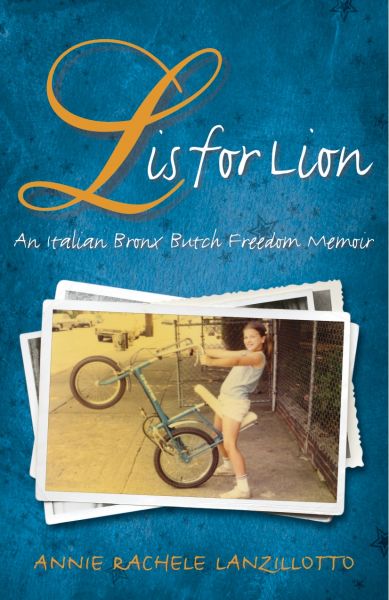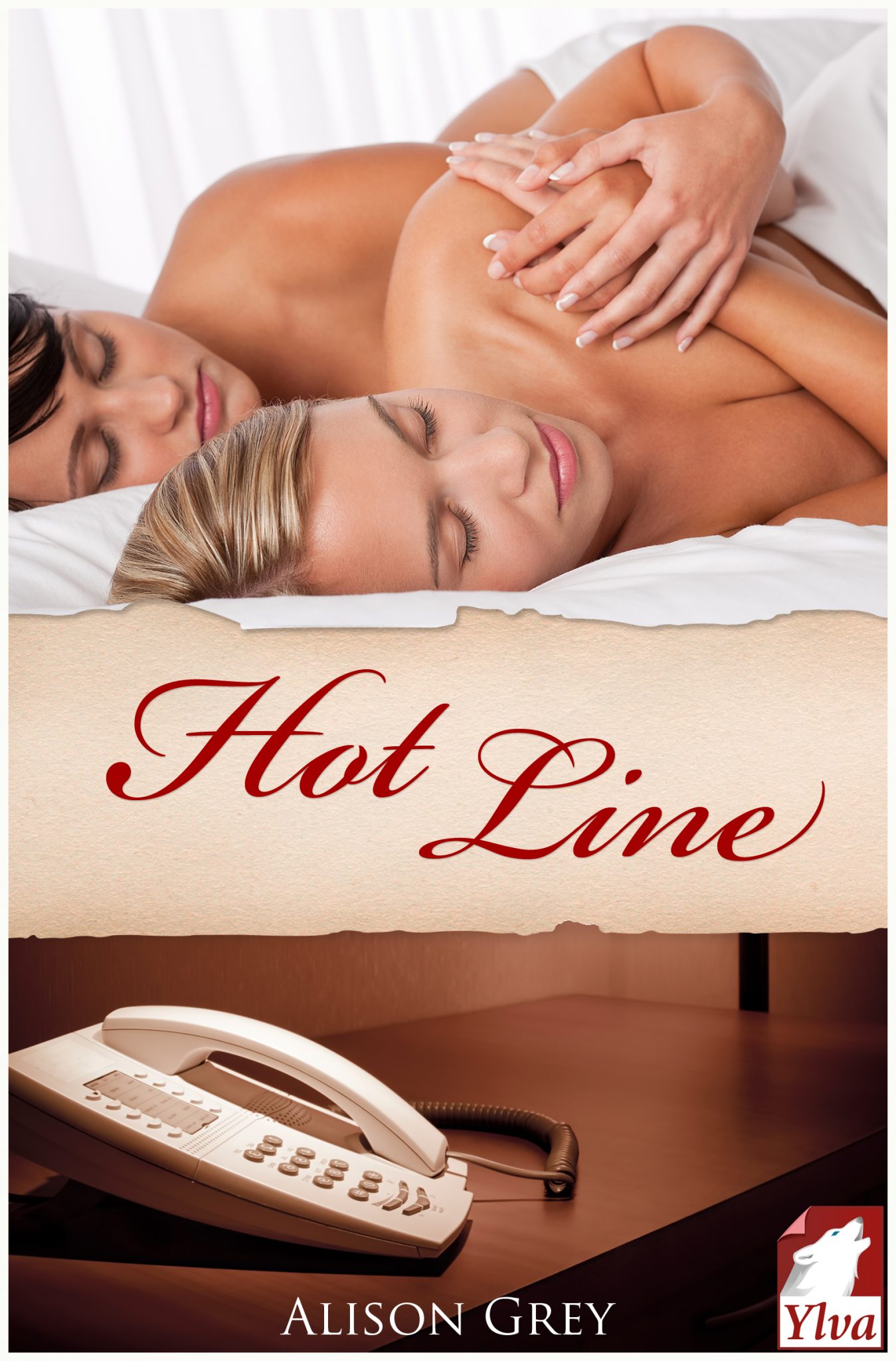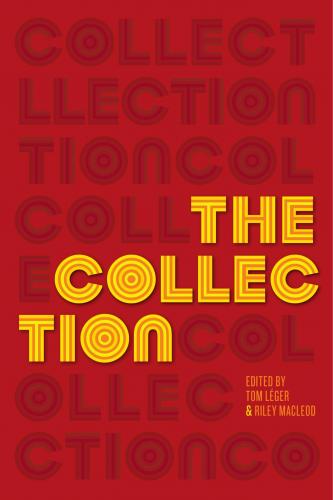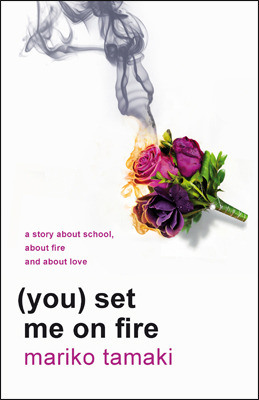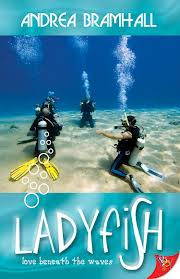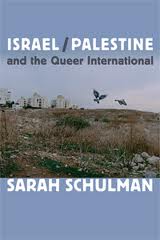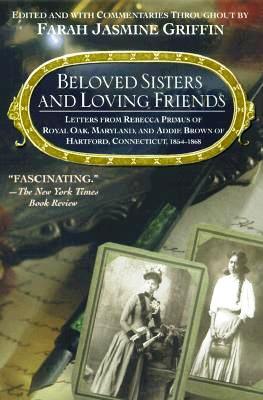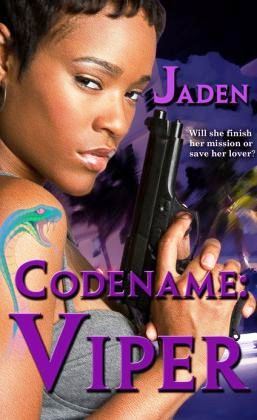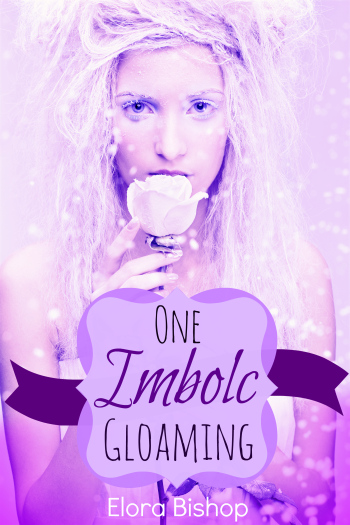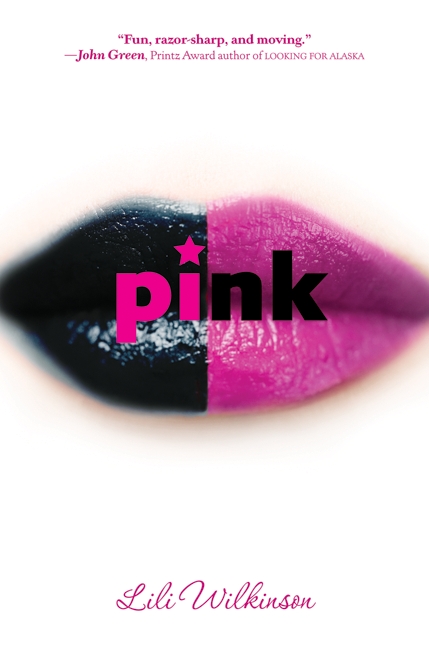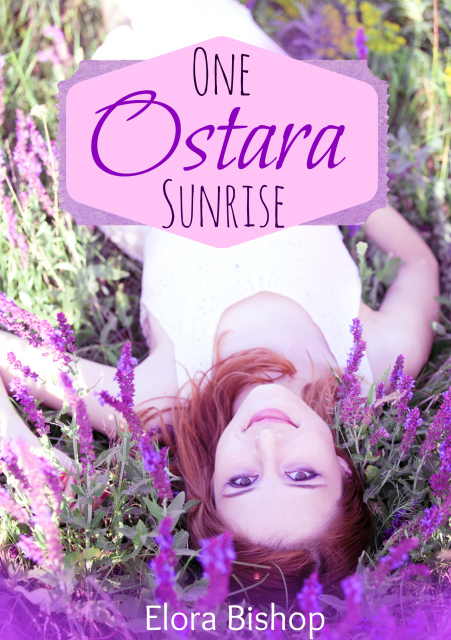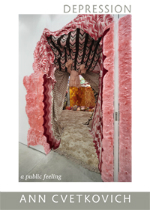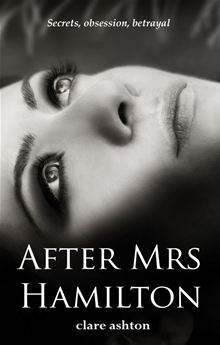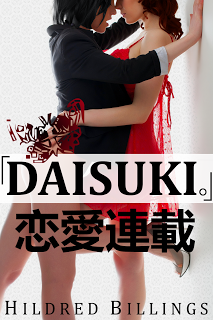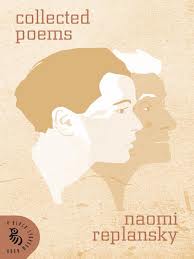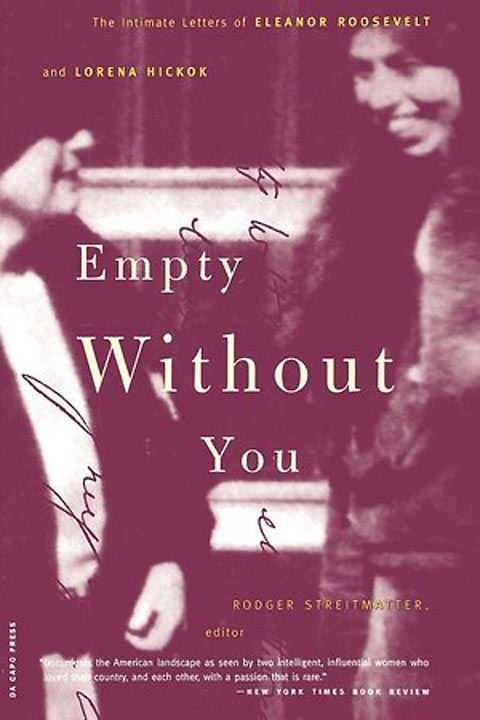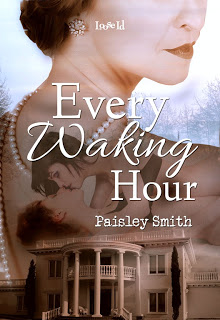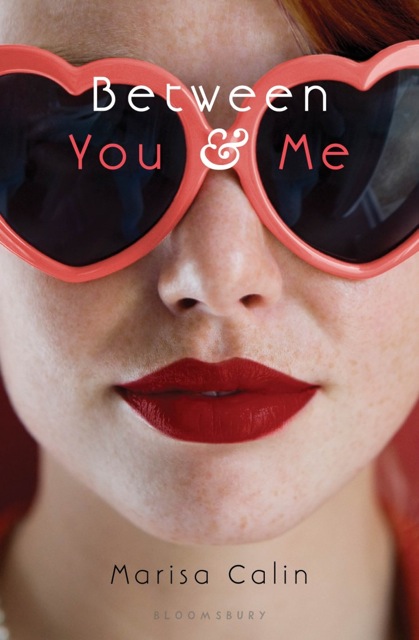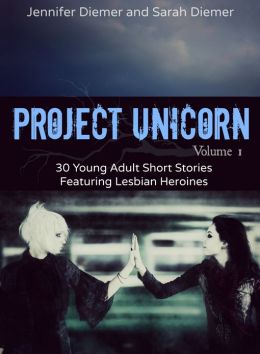I was expecting I’ll Call It Like I See It to be a memoir, but it’s actually a collection of essays (though most of them are autobiographical). The collection reads almost like a compilation of a local newspaper article, or a personal blog–which makes sense, because the author does have a blog by the same name. The essays cover a range of topics, and they were pretty hit or miss for me. A lot of time is spent setting the stage, establishing background for stories that don’t really go anywhere. (A couple of times, this background included statistics about cities, including citing a website in the text body.) There were also essays that concerned recent political events, which I’m sure would be interesting context ten years from now, but seemed redundant at this point. I do feel like I would probably have enjoyed or at least understood this book more if I had read her earlier books, which I understand are more traditional memoirs. This volume mostly concerns recent years and recent events. Topics like the commercialization of Christmas or the ups and downs of local football teams just didn’t capture my attention, though I’m sure they’d be more interesting if I knew the people or places involved.
There are some interesting tidbits here, though. I think the strongest element of I’ll Call It Like I See It is in the author’s relationship with her mother, and the detailing of her mother’s dementia. Morris also skims over really interesting material, which makes me wonder if they are covered in other books. For example, she mentions an affair with a preacher’s wife. Her description of her maternal grandmother makes it sound like she deserves a book of her own: this grandmother was widowed and raised her children during the great depression, while battling her own personal depression. Although this collection isn’t one of my favourites, it has made me curious enough about the author’s previous books that I might just pick one up anyways.


